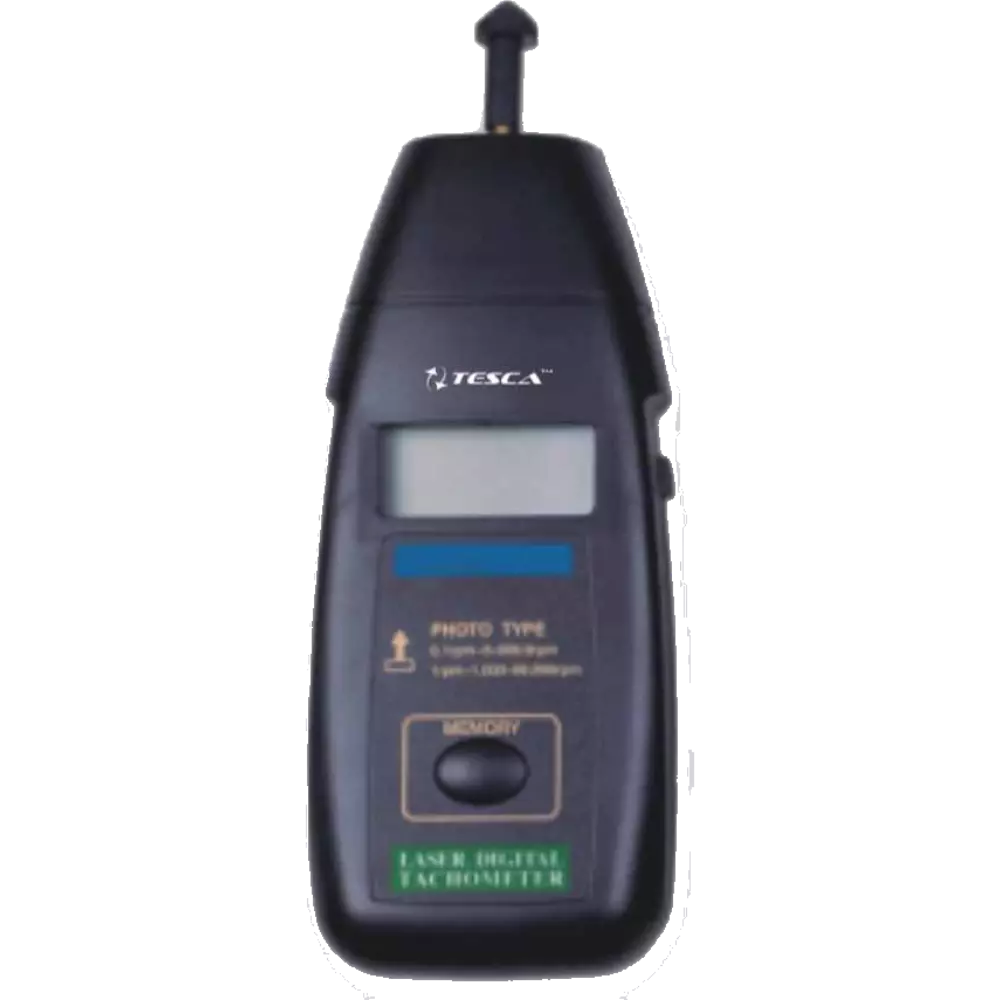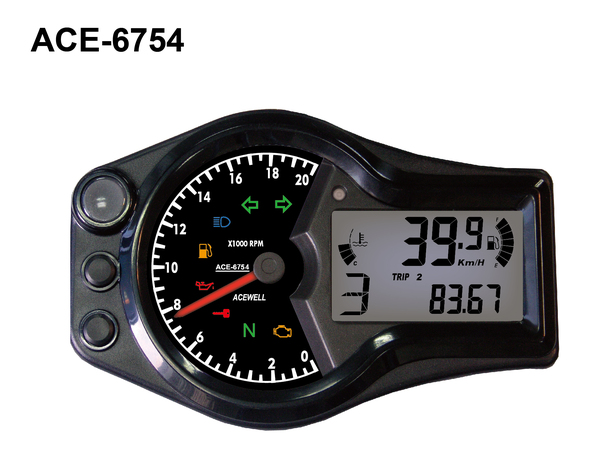Tachometer Acquiring Overview: Features to Try To Find and Ideal Brands
Tachometer Acquiring Overview: Features to Try To Find and Ideal Brands
Blog Article
Secret Reasons Having a Tachometer Is Vital for Preserving Engine Health And Wellness and Performance
In the realm of auto maintenance, the significance of a tachometer can not be overstated - tachometer. This humble yet important tool plays a pivotal role in the maintenance of an engine's health and efficiency. By supplying real-time information on engine speed and RPM levels, a tachometer offers invaluable understandings that directly affect the efficiency and durability of the engine. From avoiding over-revving to maximizing fuel usage, the applications of a tachometer are diverse and vital for any automobile proprietor or lover. So, why is this relatively basic gadget so important? Allow's explore the key factors behind its critical role in keeping engine health and efficiency.
Avoiding Engine Over-Revving

To safeguard the engine from prospective damages, it is imperative to execute measures that prevent over-revving, a practice that can cause pricey repairs and decreased engine life-span. Over-revving happens when the engine's rotational rate exceeds the maximum limitation established by the producer, creating undue stress and anxiety on interior parts such as pistons, valves, and attaching poles. This too much stress can result in mechanical failings, consisting of curved shutoffs, damaged pistons, and even catastrophic engine failure.
A rev limiter is a device that regulates the optimum RPM (revolutions per min) of the engine by either reducing off gas circulation or stimulate to the engine when the pre-set limitation is gotten to. Regular upkeep checks to make certain the engine is in ideal problem can likewise assist in stopping over-revving occurrences and prolonging the engine's lifespan.
Maximizing Fuel Intake
Reliable gas intake plays an important function in making best use of the performance and sustainability of an engine. tachometer. Optimizing fuel usage not only aids in lowering functional costs yet likewise reduces the environmental effect of vehicle emissions. By utilizing a tachometer to keep an eye on engine speed and adjust driving behaviors as necessary, vehicle drivers can achieve far better fuel efficiency
Preserving a constant rate and avoiding abrupt velocities and slowdowns can significantly improve gas economic climate. In addition, correct equipment selection based upon the tachometer readings ensures that the engine operates within its optimum array, leading to more efficient gas burning.
Frequently checking the tachometer can likewise aid identify any kind of inadequacies or mechanical concerns that may be influencing fuel intake. An unexpected boost in gas use without an equivalent change in driving practices can suggest an issue that needs focus.
Monitoring Engine Health
Checking engine health is important for making sure ideal efficiency and long life of the automobile. By utilizing a tachometer to keep track of engine rate, drivers can spot irregularities that may show prospective issues with the engine. A tachometer offers real-time information on engine changes per minute (RPM), enabling chauffeurs to recognize any type of uncommon spikes or drops in RPM that might indicate problems such as misfires, damaged elements, or engine overheating.

Routinely checking engine health through the usage of a tachometer enables vehicle drivers to attend to concerns quickly prior to they rise and cause substantial damages. Discovering a decline in RPM might indicate fuel shipment issues or a blocked air go to my site filter, while an unexpected increase in RPM might point to problems with the transmission or exhaust system. By remaining cautious and responsive to adjustments in engine performance, motorists can protect against expensive repair work and make certain the general wellness and performance of their car.
Extending Engine Lifespan
Ensuring find out this here the durability of an engine calls for attentive maintenance practices and conscientious tracking of vital performance indicators. Extending an engine's life expectancy is vital for lowering general automobile upkeep costs and preventing unanticipated failures. A tachometer plays a considerable function in this aspect by giving real-time data on engine speed, allowing drivers and auto mechanics to make educated choices to stop too much wear and tear.

Moreover, routine upkeep based on tachometer analyses, such as timely oil adjustments and ignition system replacements, can substantially add websites to prolonging the engine's long life. In general, integrating a tachometer right into routine engine tracking techniques is essential for protecting the engine's health and wellness and performance over the long term.
Conserving Money on Repair Works
A tachometer helps in monitoring the engine's RPM (revolutions per minute), enabling drivers to operate within the suggested array. By staying within these optimal RPM levels, excessive strain on the engine can be avoided, reducing the likelihood of expensive repair work due to exhausting the engine.
Additionally, by utilizing the data from a tachometer to practice smooth velocity and deceleration, chauffeurs can extend the lifespan of their lorry's components, eventually saving cash on upkeep and replacements. In general, the insights offered by a tachometer encourage vehicle drivers to make informed decisions that can protect against unnecessary damage on the engine, resulting in considerable price savings over time.
Conclusion
Finally, a tachometer plays a critical function in maintaining engine health and performance by preventing over-revving, enhancing gas usage, keeping track of engine wellness, prolonging engine life expectancy, and conserving cash on repair work. It is a vital tool for making sure that the engine runs within risk-free limitations and carries out at its finest, ultimately adding to the long life and overall efficiency of the car.
Report this page